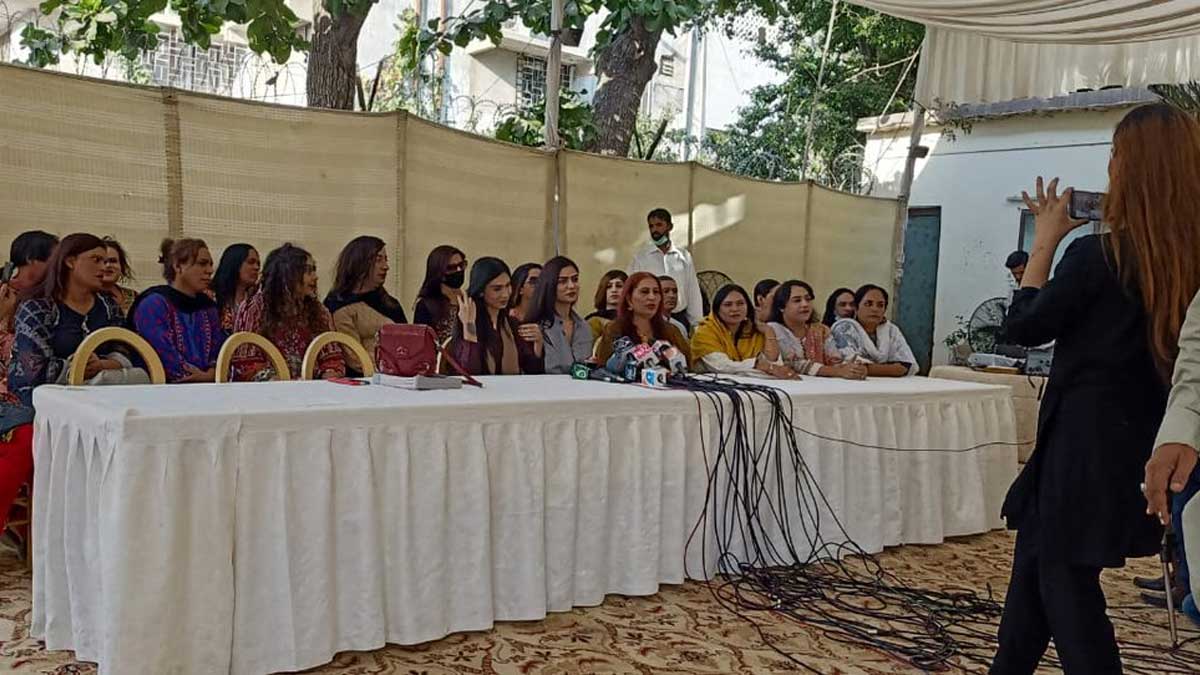Almost 25 leaders of the transgender community proclaimed to join Pakistan Peoples Party (PPP), showing confidence in the leadership of the Bhutto family scion, Bilawal Bhutto Zardari.
As per the report, the announcement of this decision was made at a news conference in Karachi, in which the senior PPP leaders Nisar Khuhro, Saeed Ghani, and other officials also showed their presence.
Addressing the conference, Khuhro claimed that his party noticed every section and segment of the society in a distinguished way. He said that people living under the supervision of these transgender leaders have also become a part of the fold.
“The PPP is a social-democratic party and provides equal opportunities of progress to everyone,” Khuhro remarked.
Read more: Nisha Rao is the first transgender student to get admission in MPhil
Transgender leader Bindiya Rana, while expressing her views, said her community desired to see Bilawal Bhutto as the next prime minister of the country. The rest of the members of the community also showed complete trust in PPP’s leadership.
Moreover, in September it was stated that the Ministry of Human Rights has fully accepted and employed “The Transgender Act 2018” to certify the safety of transgender persons.
The Transgender Act 2018 clearly prohibits any discrimination against transgender citizens by organizations, employers, healthcare providers, educational institutions, transportation service providers and any private business or service providers.
This law, in its original state, reads: “A person recognized as transgender … shall have [the] right to get himself or herself registered as per self-perceived gender identity with all government departments including, but not limited to, Nadra (National Database and Registration Authority).”
Furthermore, it demands the formation of government-run security centers for transgender residents who feel at threat of harm. It also promises transgender citizens their right to inheritance, often doubtful under some clarifications of Islamic law, to run for public office, to assembly, to have access to public places, and several other specific rights.





















